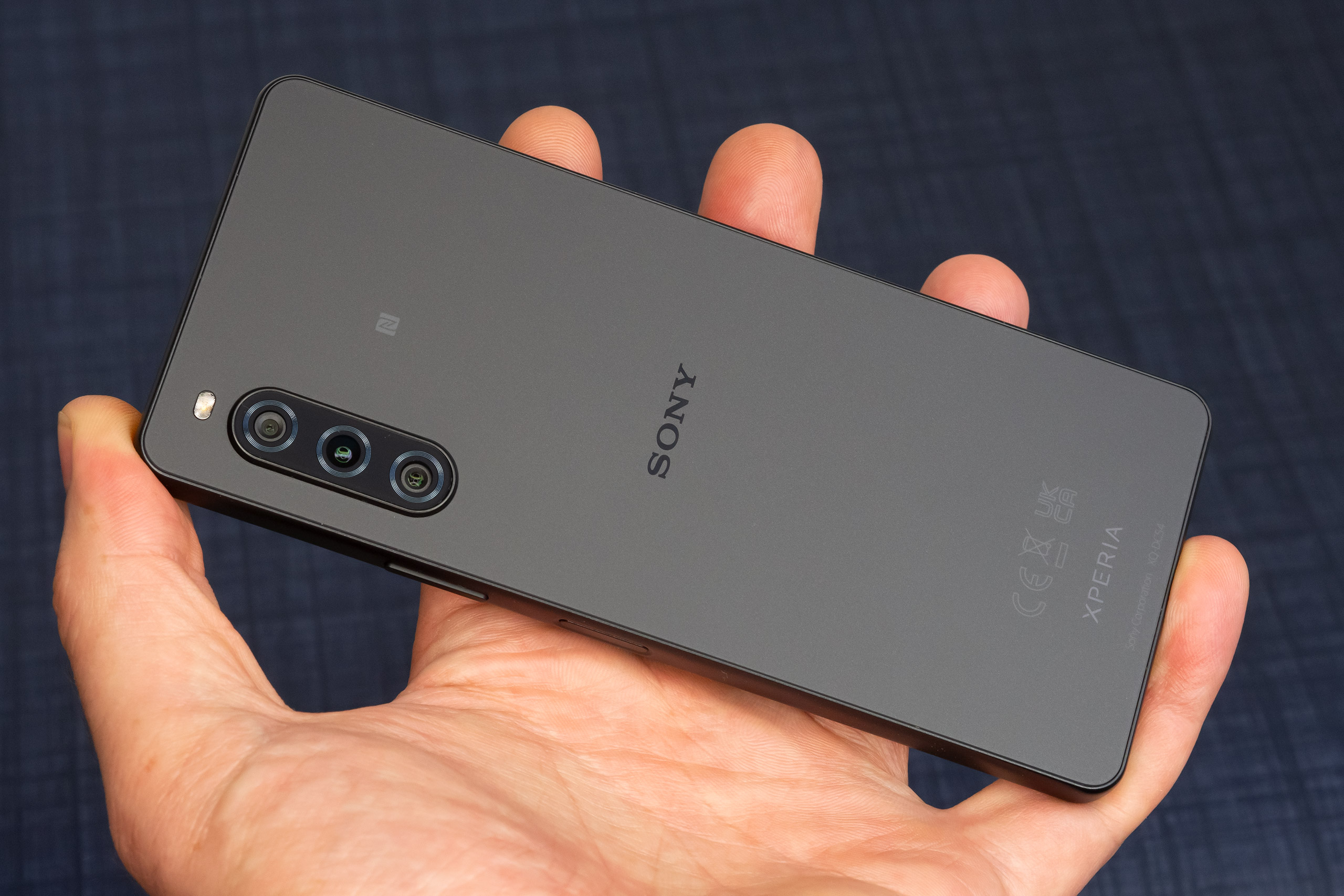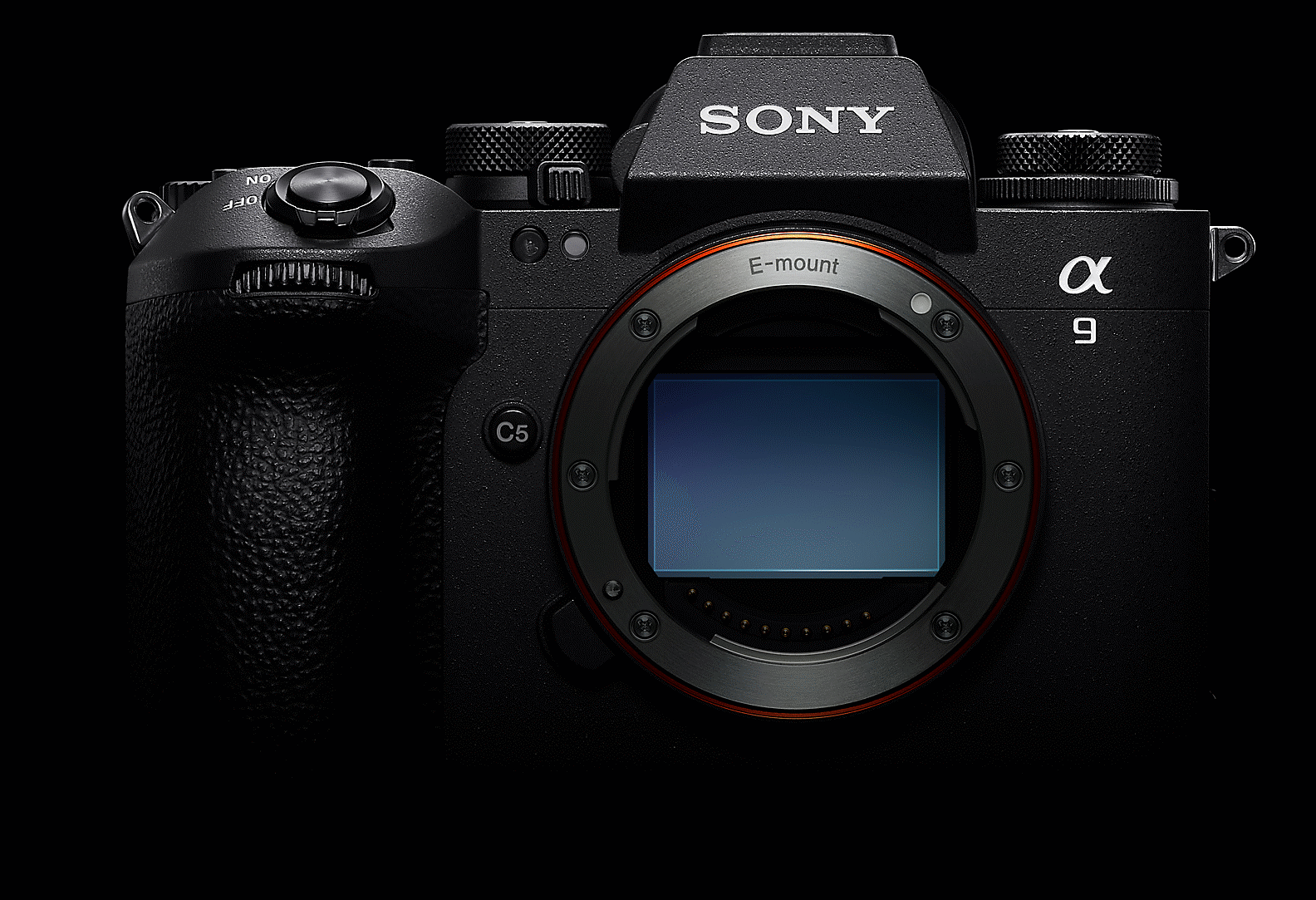Sony: Pioneering Innovation in Technology
Introduction:
Sony Corporation, a multinational conglomerate headquartered in Tokyo, Japan, stands as a testament to innovation and excellence in technology. Founded in 1946 by Masaru Ibuka and Akio Morita, Sony has evolved into one of the world's foremost electronics, entertainment, and gaming companies. With a rich history of groundbreaking inventions and a commitment to pushing the boundaries of what's possible, Sony continues to shape the future of technology.
In this essay, we delve into the journey of Sony, exploring its historical milestones, its contributions to various industries, and its ongoing commitment to innovation. We will analyze Sony's impact on society and its strategies for staying at the forefront of technological advancement.
Historical Milestones:
Sony's journey began with the establishment of Tokyo Tsushin Kogyo (Tokyo Telecommunications Engineering Corporation) in 1946, which later became Sony Corporation in 1958. One of Sony's earliest successes came in 1950 with the development of Japan's first tape recorder. This breakthrough innovation laid the foundation for Sony's dominance in audio technology.
In 1955, Sony introduced Japan's first transistor radio, the TR-55. This portable radio revolutionized the way people consumed audio content, making music and news accessible on the go. The TR-55's success propelled Sony into the international spotlight and marked the beginning of its global expansion.
Throughout the following decades, Sony continued to innovate across various product categories. In 1968, Sony launched the Trinitron color television, which set new standards for picture quality and became a bestseller worldwide. The Walkman, introduced in 1979, revolutionized the music industry by allowing users to listen to music privately, anytime, anywhere. Sony's foray into the gaming industry came in 1994 with the launch of the PlayStation console. The PlayStation brand became synonymous with gaming excellence, selling millions of units worldwide and spawning iconic franchises like Final Fantasy, Gran Turismo, and Metal Gear Solid.
Sony's foray into the gaming industry came in 1994 with the launch of the PlayStation console. The PlayStation brand became synonymous with gaming excellence, selling millions of units worldwide and spawning iconic franchises like Final Fantasy, Gran Turismo, and Metal Gear Solid.
Contributions to Technology:
Sony's contributions to technology extend beyond consumer electronics. The company has made significant strides in various fields, including imaging, semiconductor manufacturing, and telecommunications.
In the realm of imaging, Sony's digital cameras and camcorders have set new benchmarks for image quality and performance. The introduction of the Cyber-shot series in 1996 marked Sony's entry into the digital camera market, leading to innovations such as Exmor CMOS sensors and BIONZ image processors.
In semiconductor manufacturing, Sony has played a vital role in the development of advanced sensor technologies used in smartphones, digital cameras, and automotive applications. Sony's CMOS image sensors are renowned for their low-light performance, high resolution, and fast readout speeds, making them indispensable in today's digital imaging devices.
In telecommunications, Sony has been a pioneer in the development of mobile technologies. The company's Xperia smartphones combine cutting-edge hardware with intuitive software, offering users a seamless mobile experience. Sony's expertise in audio and display technologies also enhances the multimedia capabilities of its Xperia devices.
Ongoing Innovation:
Despite its storied history, Sony remains committed to pushing the boundaries of innovation. The company continues to invest heavily in research and development, exploring emerging technologies such as artificial intelligence, virtual reality, and quantum computing.
In the realm of artificial intelligence, Sony's research focuses on machine learning, natural language processing, and computer vision. The company's AI-powered products and services, such as the Aibo robotic dog and Xperia's AI-enhanced camera features, demonstrate Sony's commitment to integrating AI into everyday life.
Virtual reality is another area where Sony is making significant strides. The PlayStation VR system, launched in 2016, has brought immersive gaming experiences to millions of players worldwide. Sony's continued investment in VR content and technology promises to further expand the possibilities of virtual reality beyond gaming.
Impact on Society:
Sony's impact on society extends far beyond the realm of technology. The company's products and services have enriched people's lives, entertained audiences around the world, and inspired future generations of innovators.
In the entertainment industry, Sony's film and music divisions have produced some of the most iconic works in cinematic and musical history. From classic films like "Lawrence of Arabia" and "Ghostbusters" to timeless albums by artists like Michael Jackson and Beyoncé, Sony's entertainment properties have captivated audiences across generations.
Sony's gaming division, Sony Interactive Entertainment, has also had a profound impact on society. The PlayStation platform has become a cultural phenomenon, bringing people together through shared gaming experiences and fostering communities of players from diverse backgrounds.
In addition to its entertainment offerings, Sony has also been a champion of environmental sustainability and corporate social responsibility. The company's commitment to reducing its carbon footprint, promoting diversity and inclusion, and supporting local communities reflects its dedication to making a positive impact on the world. Sony Corporation stands as a beacon of innovation and excellence in the world of technology. From its humble beginnings as a small electronics company in post-war Japan to its current status as a global powerhouse, Sony has continually pushed the boundaries of what's possible, shaping the future of technology and entertainment.
Sony Corporation stands as a beacon of innovation and excellence in the world of technology. From its humble beginnings as a small electronics company in post-war Japan to its current status as a global powerhouse, Sony has continually pushed the boundaries of what's possible, shaping the future of technology and entertainment.
Through its groundbreaking inventions, ongoing commitment to research and development, and dedication to social responsibility, Sony has left an indelible mark on society. As we look to the future, one thing is clear: Sony's legacy of innovation will continue to inspire and influence generations to come.
Sony's commitment to innovation has been a driving force behind its success, but it's not just about creating cutting-edge technology. The company's ability to anticipate and adapt to changing consumer preferences and market trends has been equally instrumental in its longevity and relevance.
One notable aspect of Sony's strategy is its focus on ecosystem integration. The company leverages its diverse portfolio of products and services to create synergies that enhance the user experience and drive customer loyalty. For example, Sony's ecosystem includes smartphones, TVs, audio devices, gaming consoles, and content services, all interconnected through platforms like PlayStation Network and Sony Music. This ecosystem approach enables Sony to offer seamless experiences across different devices, such as streaming music from a smartphone to a wireless speaker or accessing gaming content across multiple platforms. By fostering interoperability and integration, Sony strengthens its position in the market and enhances the value proposition for consumers.
This ecosystem approach enables Sony to offer seamless experiences across different devices, such as streaming music from a smartphone to a wireless speaker or accessing gaming content across multiple platforms. By fostering interoperability and integration, Sony strengthens its position in the market and enhances the value proposition for consumers.
Moreover, Sony has demonstrated a willingness to collaborate with external partners to fuel innovation and expand its reach. Strategic partnerships with other technology companies, content creators, and service providers have enabled Sony to tap into new markets and leverage complementary expertise.
For instance, Sony's collaboration with camera manufacturers like Zeiss and Leica has resulted in premium lenses for its digital cameras, enhancing their performance and appeal to professional photographers. Similarly, partnerships with streaming platforms like Netflix and Spotify have enriched Sony's entertainment offerings, providing users with access to a vast library of content.
Another key aspect of Sony's strategy is its emphasis on design and user experience. The company places a premium on aesthetics, ergonomics, and intuitive interfaces, ensuring that its products not only perform well but also delight users on a visceral level.
From the sleek lines of its Xperia smartphones to the minimalist design of its BRAVIA TVs, Sony products are renowned for their attention to detail and craftsmanship. This focus on design extends beyond hardware to software, with Sony's user interfaces characterized by simplicity, elegance, and ease of use.
Furthermore, Sony has embraced the shift towards subscription-based business models, recognizing the recurring revenue potential and customer engagement benefits they offer. The PlayStation Plus subscription service, for example, provides users with access to online multiplayer gaming, exclusive discounts, and free games each month, fostering a sense of community and loyalty among PlayStation users.) In the realm of content, Sony has made strategic investments in original programming and intellectual property, positioning itself as a content creator and distributor. Through subsidiaries like Sony Pictures Entertainment and Sony Music Entertainment, the company produces and distributes a diverse array of films, TV shows, music albums, and video games, catering to a global audience.
In the realm of content, Sony has made strategic investments in original programming and intellectual property, positioning itself as a content creator and distributor. Through subsidiaries like Sony Pictures Entertainment and Sony Music Entertainment, the company produces and distributes a diverse array of films, TV shows, music albums, and video games, catering to a global audience.
Looking ahead, Sony faces a rapidly evolving technological landscape characterized by emerging trends such as artificial intelligence, 5G connectivity, and the Internet of Things. The company's ability to innovate and adapt in response to these trends will be critical to its continued success. In conclusion, Sony Corporation's journey from a small electronics startup to a global powerhouse is a testament to the power of innovation, resilience, and strategic vision. By staying true to its core values of creativity, quality, and customer satisfaction, Sony has not only shaped the course of technological progress but also enriched the lives of millions of people around the world. As the company continues to evolve and reinvent itself, its legacy of innovation and excellence will undoubtedly endure for generations to come.
In conclusion, Sony Corporation's journey from a small electronics startup to a global powerhouse is a testament to the power of innovation, resilience, and strategic vision. By staying true to its core values of creativity, quality, and customer satisfaction, Sony has not only shaped the course of technological progress but also enriched the lives of millions of people around the world. As the company continues to evolve and reinvent itself, its legacy of innovation and excellence will undoubtedly endure for generations to come.
























































![[ℕ𝕖𝕧𝕖𝕣] 𝕊𝕖𝕝𝕝 𝕐𝕠𝕦𝕣 𝔹𝕚𝕥𝕔𝕠𝕚𝕟 - And Now What.... Pray To The God Of Hopium?](https://cdn.bulbapp.io/frontend/images/79e7827b-c644-4853-b048-a9601a8a8da7/1)








